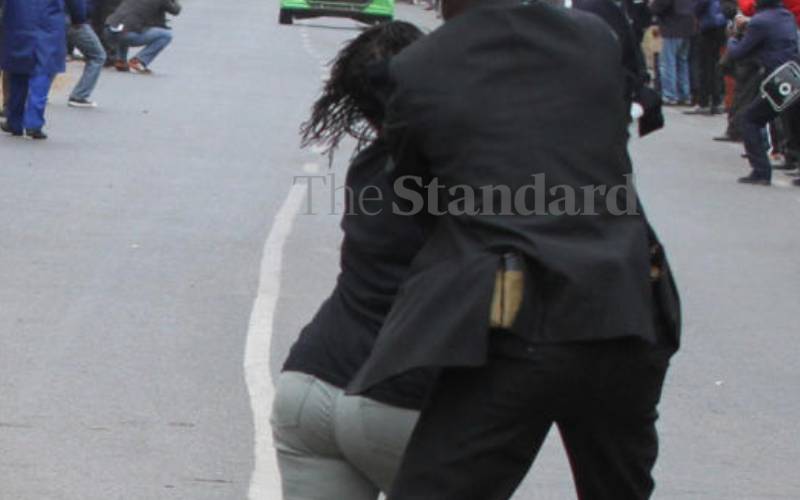
For years, the Safari Rally has been the most iconic sporting event in Kenya since it began in honour of Queen Elizabeth II’s coronation in the 1950s. It has always been a joy to watch for the young and old. It is a sport loved by local and global rally enthusiasts. It also attracts attention the world over.
The history around the Safari Rally is significant to Kenyans and East Africans at large and the United Kingdom (UK), one of Kenya’s key source markets. The then Princess Elizabeth and her husband Prince Philip were at the Treetops Hotel located at the Aberdares Park - Nyeri during the night of February 5 and 6, 1952. She descended the forest floor as the new Queen of England. In 1953, the Safari Rally was started to mark her ascension to the throne.